Latest Posts

Happy Birthday, Marie Van Brittan Brown
Today, home security is a billion dollar industry that relies on smart devices. However, it all started with a nurse who wanted to feel safer in her home in Queens, New York.
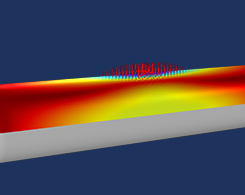
Accelerating Model Convergence with Symbolic Differentiation
Whenever you set up and solve a nonlinear problem in COMSOL Multiphysics, a symbolic differentiation engine is automatically used to ensure high robustness and accelerate model convergence.
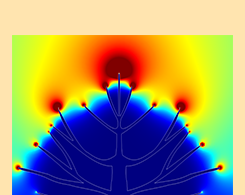
It’s a Bird, It’s a Plane, It’s…Gravity-Defying Spiders!
Spider ballooning, in which spiders float for miles, was originally observed by Charles Darwin in 1832. Since then, researchers from University of Bristol used simulation to study this effect.
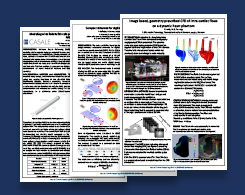
Best Papers and Posters from the COMSOL Conference 2020 Europe
From antennas for digital TV reception to packed bed reactors for steam reforming, the 9 Best Paper and Best Poster award winners from the COMSOL Conference 2020 Europe cover a variety of topics.
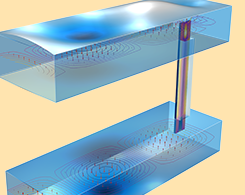
3 Examples of Modeling Transitions for Rectangular Waveguides
Waveguide to planar, coaxial to waveguide, and rectangular to elliptical: These 3 different transitions for rectangular waveguides can be modeled using COMSOL Multiphysics® and the RF Module.
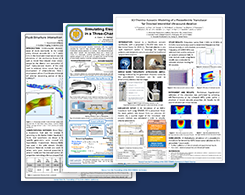
Best Papers and Posters: COMSOL Conference 2020 North America
MEMS microphones, inductors, thermal ablation, and the Navier–Stokes equations are just a few of the topics featured in the top papers and posters from the COMSOL Conference 2020 North America.

Happy Birthday, Henry Cavendish
Did you know that the element hydrogen was originally called “inflammable air” upon its discovery by Henry Cavendish because of how easily it burns? Learn more about the chemist and physicist…
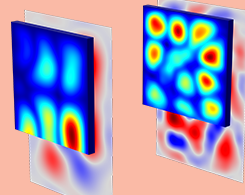
Modeling Sound Transmission Loss Through a Concrete Wall
The sound loss transmission (STL) through a building component is the logarithmic ratio between the total incident power on the structure relative to the total transmitted power.



